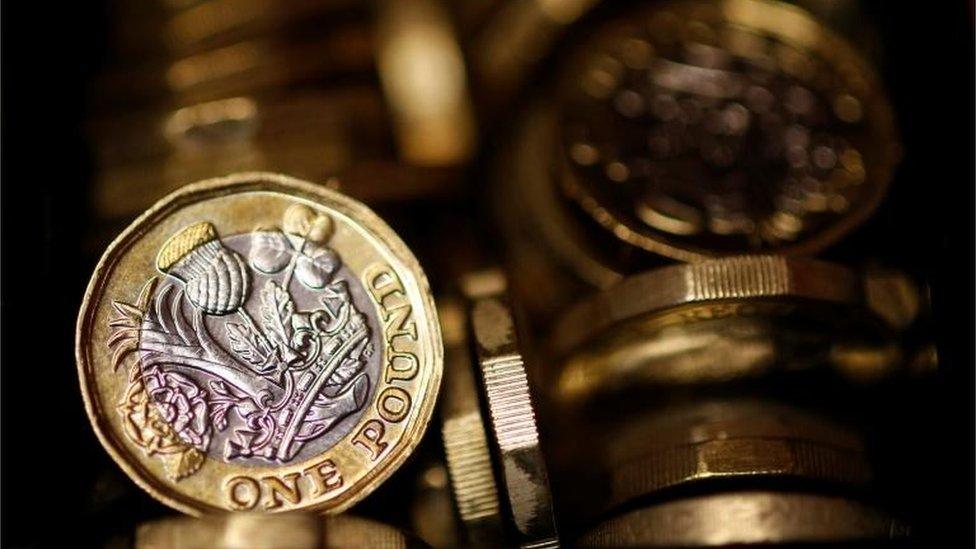What will business think of the Budget?
- Published
- comments

Businesses don't like budgets much. They see the tinkering by the chancellor as a potential administrative burden as they adjust to new rules, thresholds and initiatives.
On that basis they will have been pleased at what the chancellor didn't do.
He didn't lower the turnover threshold at which small businesses must register for VAT; it remains at £85,000.
And white van men and women around the country will appreciate the continuation of the fuel duty freeze on diesel as well as petrol, with the rise in vehicle duty limited to diesel cars only.
Business rates are one of the biggest bugbears for companies of all sizes, so there will have been a small cheer for the move to bring those bills down from April.
The chancellor is bringing forward the switch to using a lower measure of inflation when calculating rates. That should save businesses £2.3bn over the next five years.
What the budget laid bare was the chronic productivity and growth problem the UK is facing.
All parties and business groups acknowledge that the solution to creating more growth and higher wages is more investment.
Although the government extended and expanded its National Productivity and Investment Fund from £23bn to £31bn, mainly by extending the programme for another year, there were very few measures to encourage businesses to invest their own money into improving productivity.
For example, when businesses invest in new plant and machinery, it increases the rateable value of their premises, so they get penalised for improving the productive capacity of their business.
There were hopes the government might exclude those investments when calculating future rates bills. It didn't happen.
Also tucked away in the budget documents was a plan to sell roughly two thirds (worth around £15bn) of the majority stake the government acquired in RBS during the financial crisis.
Valuable extra cash for the chancellor over the next five years, but it's estimated the government will ultimately sell its stake at a loss of £26bn.
Not a great return on a ten year investment - but then this was a rescue not an investment.
The government will hope its investments in improving the productivity of the UK economy will see better results.
- Published23 November 2017

- Published23 November 2017
